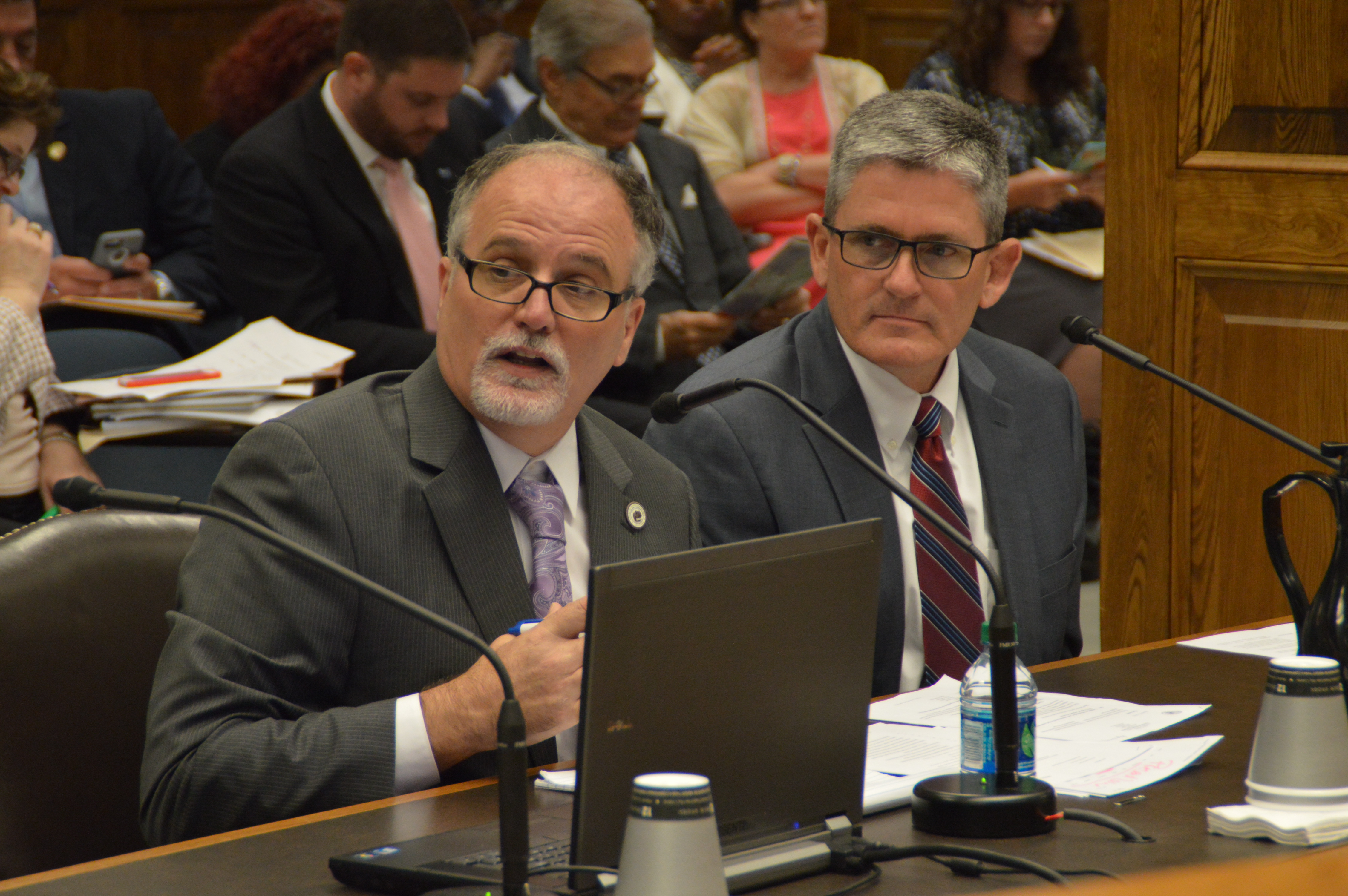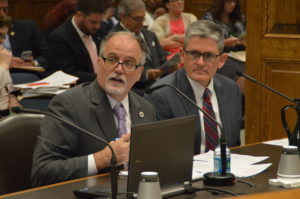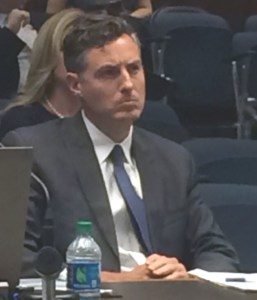
 On Wednesday, April 27th, the House and Governmental Affairs committee of the Louisiana Legislature heard HB-473, a bill submitted by Representative Bob Hensgens related to BESE Ethics.
On Wednesday, April 27th, the House and Governmental Affairs committee of the Louisiana Legislature heard HB-473, a bill submitted by Representative Bob Hensgens related to BESE Ethics.
The bill has a history in the House. In the 2014 regular session, former representative, Brett Geymann, filed the bill which quickly gained momentum in the House, but when it got to the Senate, it was killed by former governor Bobby Jindal’s cronies. In the 2015 session, the bill was reintroduced by Geymann’s friend, and ally, Rep. Bob Hensgens. The bill had a strong likelihood of passage, but ultimately became the leverage that was needed in the brokering of the Common Core compromise of 2015.
The intent of the bill was to hold BESE’s elected and appointed members to the same ethical standards to which the elected members of the legislature are held to address the public’s desire to have more transparency and trust in government. By removing the possibility of financial relationships with businesses, or entities that do business with the state, the bill would do exactly that.
Hensgens did a great job presenting the bill with amendments; then offered the floor to Geymann, the original author of the bill. Geymann, who is currently running for the Congressional seat vacated by Charles Boustany, delivered the essence and specifics of the bill with eloquence, as always. The bill easily passed the committee with an 8/2 vote and is expected to pass on the House floor, as well as the Senate.
 The irony of this story, and indeed, the comedic relief, was the absurdity of the representatives of various non-profit organizations who testified in opposition of the bill; alongside the Superintendent of Education and two elected BESE members. Brigitte Nieland, representing the Louisiana Association of Business and Industry (LABI) sat in opposition to the bill. What I find interesting is that LABI supported the bill seven years prior when it was passed to restrict legislators.
The irony of this story, and indeed, the comedic relief, was the absurdity of the representatives of various non-profit organizations who testified in opposition of the bill; alongside the Superintendent of Education and two elected BESE members. Brigitte Nieland, representing the Louisiana Association of Business and Industry (LABI) sat in opposition to the bill. What I find interesting is that LABI supported the bill seven years prior when it was passed to restrict legislators.
In the final testimony offered to the committee, Keith Leger, representing Stand For Children-Louisiana, asked the question, “What sort of person spends the time and money it takes to get elected to a position that isn’t paid?” I think what he was trying to say, or at least imply, is that the people who run for BESE positions are passionate about the service they would be involved in. Given that seven of the eight elected BESE members spent very little of their own money and were assisted by somewhere around $4 million from out of state billionaires, I think the more appropriate question would be, for what purpose does a person run for an unpaid elected position? Which, in turn, makes the case for the need for higher ethical standards.


Hensgen noted that John White, an appointed public official, filed a red card in opposition. Evidently that is unethical for someone in his position. Ironic? It is also noteworthy that White claimed several times that Ethics complaints filed against himself and 20 other members of his staff (???) and required attorneys to represent them were filed anonymously and that is unfair. He was probably playing with words again to imply that the complainant can be anonymous- not true – but would defend himself by saying the complaintants are anonymous to the person being investigated. He also implied that any complaint would be investigated and require legal representation to defend. Again, not true to my knowledge as the complaint is first reviewed got sufficient cause based on the evidence presented and then may or may not warrant a full investigation.